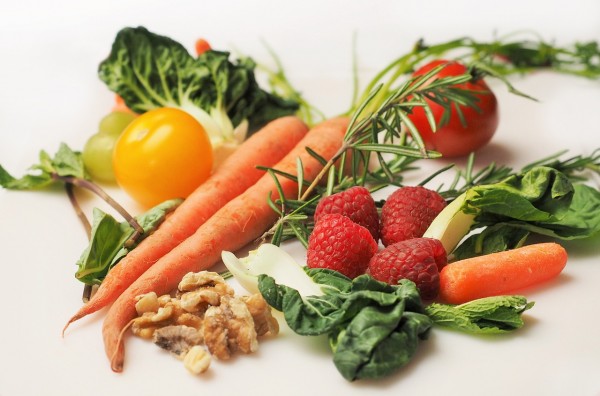Vegetarian Diet May Help Avoid the Occurrence of Stroke, Research Finds

A new study found that diet and occurrence of ‘total ischemic and hemorrhagic stroke,’ following the Taiwanese Vegetarian diet can lower an individual’s risk for suffering from stroke by ‘more than 70 percent.’
Medical experts identify two main kinds of strokes: ischemic stroke and hemorrhagic strokes. An ischemic stroke takes place when blood blow turns out to be limited in arteries that lead to the brain.
Meanwhile, there is an occurrence of a hemorrhagic stroke when there is bleeding as a result of abrupt bursts of the blood vessel.
Essentially, the risk factors linked to both can be lessened by avoiding unhealthy habits including eating processed foods, smoking, and drinking alcoholic habits. More so, such risks are also associated with healthy activities such as regular physical activity, meditation, and vegetable consumption.
A new study which the Neurology journal recently published found that diet and occurrence of "total ischemic and hemorrhagic stroke," following the Taiwanese Vegetarian diet can lower an individual's risk for suffering from stroke by "more than 70 percent."
More so, researchers more discreetly determined the regular consumption of "nuts, vegetables, and soy" as promising contributors to this result.
ALSO READ: 4 Best Beverages You Can Drink If You Have Diabetes
Preliminary Study Findings from Study of Vegetarians
The initial findings from the study resulted from a Tzu Chi Health Study comprising more than 5,000 respondents recruited studied from 2007 to 2009, and a Tzu Chi Vegetarian Study that had more than 8,300 respondents from the year 2005.
Researchers included a subgroup of over 1,500 to validate results. 30 percent of all groups evaluated were vegetarians, identified by the researchers as individuals who neither ate fish or meat. One-fourth of these respondents were men.
On average, the study group's age was 50 years old and no one among them had a history of stroke occurrence. Participants who did not have a stroke during the Tzu Chi Health Study and the Tzu Chi Vegetarian Study were all followed until end-2014.
Their diet was examined through questionnaires on food frequency in both "cohorts and baseline." Stroke occurrences and baseline comorbidities, according to the study authors, were determined through the National Health Insurance Research Database.
Even though all respondents ate a similar quantity of fruit, researchers specified that "those who enjoyed the most profound benefits" restricted their consumption of dairy products and regularly ate fiber and plant protein.
As a result, three vegetarians had ischemic strokes in the first group of both 1,424 vegetarians and 3,626 non-vegetarians. Meaning, vegetarians were enjoying a total drop of 74 percent.
Only 24 vegetarians had strokes of any kind in the second group equating 48-percent risk drop overall, 60 percent less risk for ischemic strokes, and, according to the study, "65 percent lower risk for hemorrhagic strokes."
DON'T MISS THIS: Why Stress Makes One Overeat or Not Eat at All, and How to Overcome It
Stroke as the World's 2nd Most Common Cause of Death
In a press release, study author Dr. Chin-Lon Lin, said, stroke is the world's second most common cause of death, not to mention, "A leading cause of disability."
It can also be a contributor to dementia, the expert added. More so, this study author added, "If we could reduce the number of strokes" by people changing their diets, it would indeed, have a major effect on overall public health.
In general, the research found that a vegetarian diet was advantageous and lowered the risk of stroke of any kind, following an adjustment for known risk factors such as blood pressure, blood sugar levels, as well as fats in the blood.
Meaning, probably, there could be some other shielding mechanisms that may protect people who eat a vegetarian diet from a stroke.
IN CASE YOU MISSED THIS: 6 Reasons Why You're Gaining Weight Unintentionally
Check out more news and information on Diet Trends on MD News Daily.
Aug 24, 2020 08:42 AM EDT





